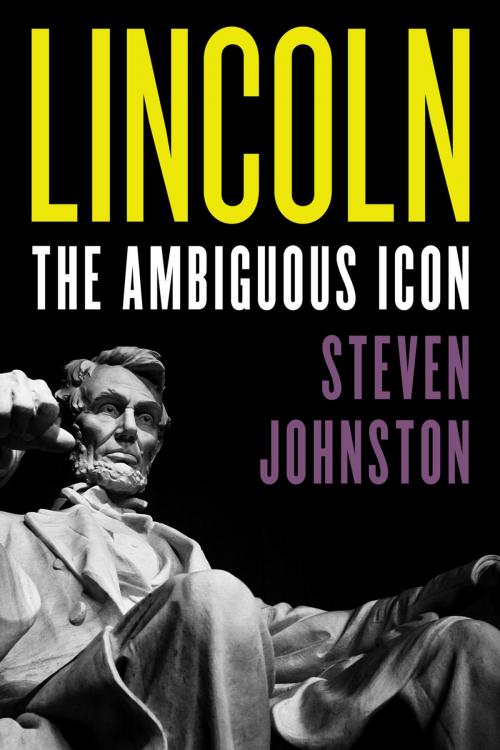Lincoln
The Ambiguous Icon
Nonfiction, History, Americas, United States, Civil War Period (1850-1877), Social & Cultural Studies, Political Science, Politics, History & Theory, 19th Century| Author: | Steven Johnston | ISBN: | 9781442261310 |
| Publisher: | Rowman & Littlefield Publishers | Publication: | August 16, 2018 |
| Imprint: | Rowman & Littlefield Publishers | Language: | English |
| Author: | Steven Johnston |
| ISBN: | 9781442261310 |
| Publisher: | Rowman & Littlefield Publishers |
| Publication: | August 16, 2018 |
| Imprint: | Rowman & Littlefield Publishers |
| Language: | English |
The judgment that Abraham Lincoln is the finest president in the history of the United States borders on self-evident. This status tends to disable the very possibility of a more critical understanding or appreciation, one that does not work, explicitly or implicitly, within the taken-for-granted frame of his greatness.
Still, America is not blind to or ignorant of Lincoln’s shortcomings. Rather it is in part because of these shortcomings that Lincoln is revered. Thus, if the country needs to legitimize a problematic course of action, it is Lincoln to whom it turns. Lincoln, America reminds itself, suspended habeas corpus; jailed political opponents; suppressed speech; held racist views; and pursued racist policies. The Lincoln that America “idealizes” is a thoroughly ambiguous figure. Simultaneously, the country tends to downplay or conveniently overlook the underside of Lincoln, part of a larger political pattern in which it proclaims its exceptionalism while indulging the very worst as it conducts its political affairs. It is time to take Lincoln’s ambiguity seriously, which might put America in position to recognize that one reason it routinely falls short of its democratic principles and commitments is that it may not, just like Lincoln, fully believe in them.
In Lincoln: The Ambiguous Icon, Steven Johnston explores Lincoln’s complicated political thought and practice, reinterpreting the Gettysburg Address, the Second Inaugural, and some of the many manifestations of Lincoln in film, monuments, and memorials that conceal—but also reveal—the terrible ambiguity of this marginally understood American figure.
The judgment that Abraham Lincoln is the finest president in the history of the United States borders on self-evident. This status tends to disable the very possibility of a more critical understanding or appreciation, one that does not work, explicitly or implicitly, within the taken-for-granted frame of his greatness.
Still, America is not blind to or ignorant of Lincoln’s shortcomings. Rather it is in part because of these shortcomings that Lincoln is revered. Thus, if the country needs to legitimize a problematic course of action, it is Lincoln to whom it turns. Lincoln, America reminds itself, suspended habeas corpus; jailed political opponents; suppressed speech; held racist views; and pursued racist policies. The Lincoln that America “idealizes” is a thoroughly ambiguous figure. Simultaneously, the country tends to downplay or conveniently overlook the underside of Lincoln, part of a larger political pattern in which it proclaims its exceptionalism while indulging the very worst as it conducts its political affairs. It is time to take Lincoln’s ambiguity seriously, which might put America in position to recognize that one reason it routinely falls short of its democratic principles and commitments is that it may not, just like Lincoln, fully believe in them.
In Lincoln: The Ambiguous Icon, Steven Johnston explores Lincoln’s complicated political thought and practice, reinterpreting the Gettysburg Address, the Second Inaugural, and some of the many manifestations of Lincoln in film, monuments, and memorials that conceal—but also reveal—the terrible ambiguity of this marginally understood American figure.















